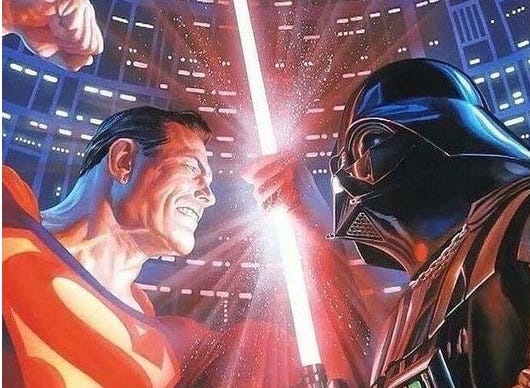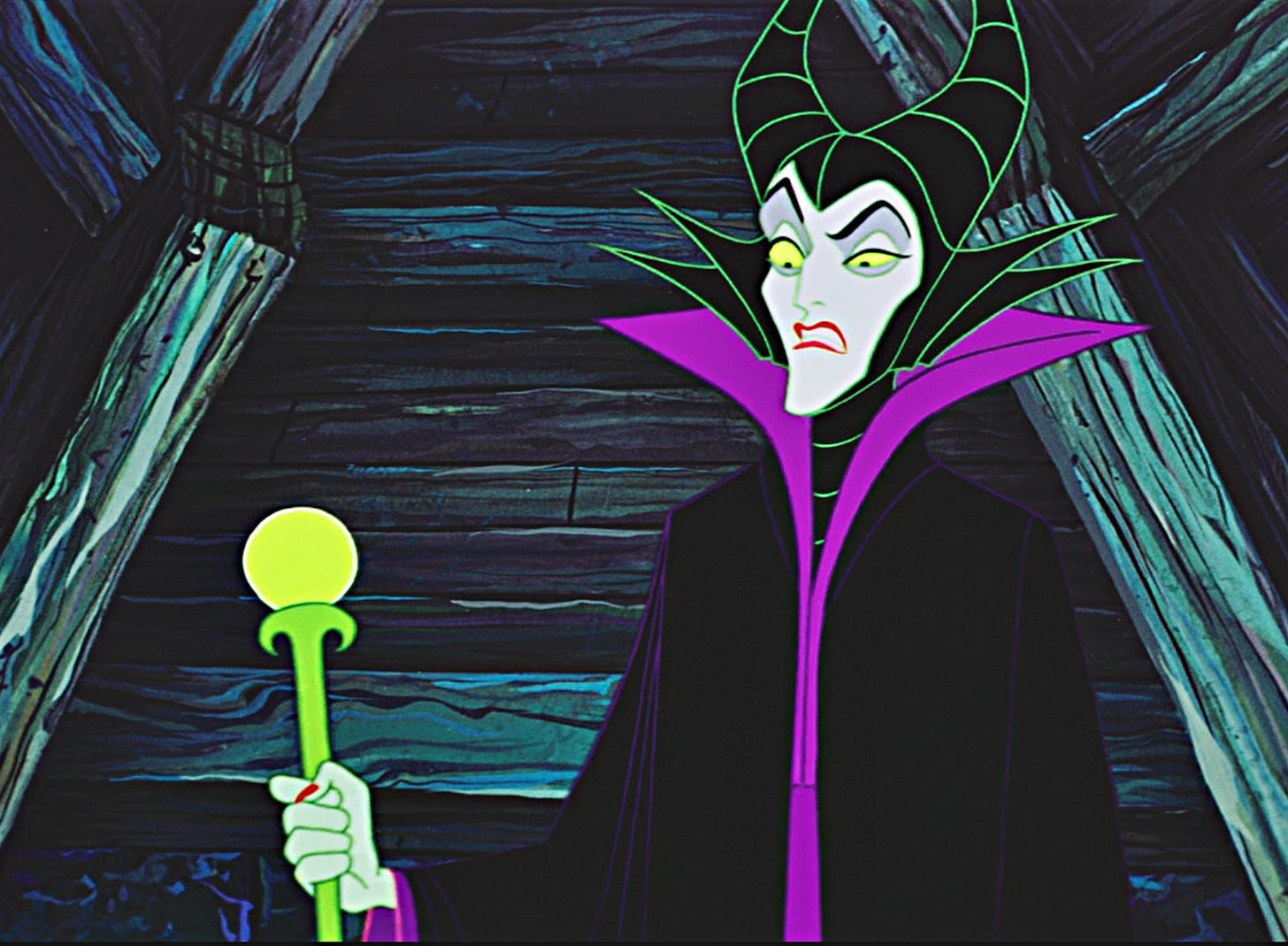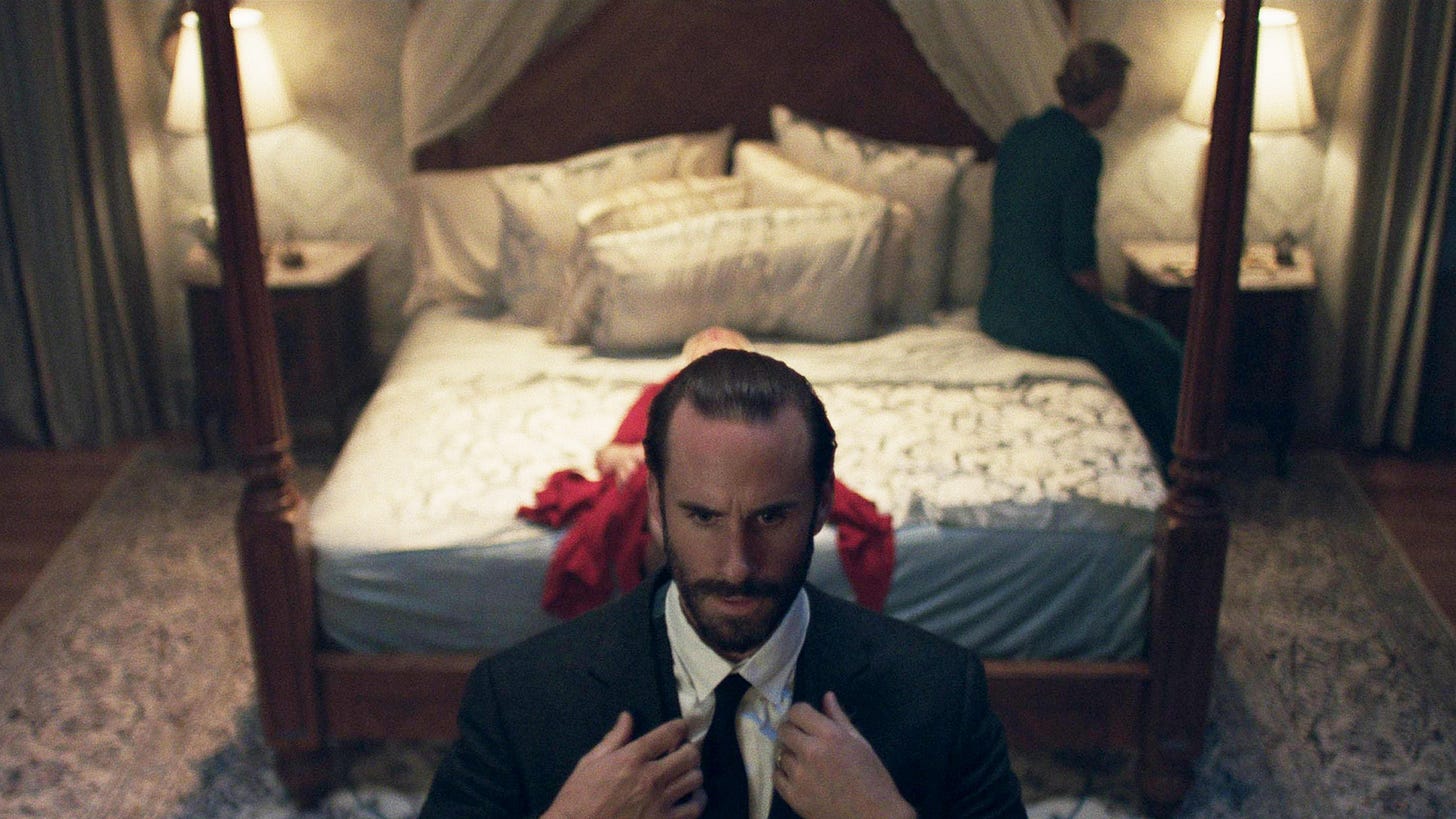Three weeks ago, the Brazilian elections finally came to an end. Although we succeeded in winning over the far-right candidate Jair Bolsonaro, the margin was surprisingly small.
Dubbed 'Tropical Trump’ by some, Bolsonaro is objectively as dangerous, even without the power and reach his US counterpart had. In his discourses, he actively attacks black, indigenous, women, LGBT, and other minorities. He increased the number of guns available in the country by relaxing laws. He also undermined and underfunded scientific and public environmental institutes, which resulted in an increase in deforestation and illegal fires.
Even more troubling, Brazil - one of the countries with the highest acceptability of vaccines in the world - had the poorest COVID response. Bolsonaro actively downplayed the virus and delayed buying vaccines for months leading to Brazil having 15% of COVID deaths, while only 2.7% of the world's population.
The increase in hunger and corruption scandals are also concerns in his government, but the more than 700,000 covid deaths alone should lead any rational person to wonder how more than 58 million people (10 million more than Spain's population) could vote for him.
Not only that, but take to the streets afterward praying and crying desperately about the results. Even shooting and killing those who supported the worker's party (the opposition) while they were celebrating. (!)
Us vs them
In contrast to Marvel and Disney movies, life and its problems are anything but simple. Most topics are complex and filled with nuances and exceptions.
There aren't simply evil people. Even if there are sadists or psychopaths among us, they are a very small percentage. It's not possible that a country has 58 million psychopaths, although some would argue otherwise. Most of the problems come actually from moralism, people that blindly believe in their values, to the point that they want to enforce them.
As Erik Hoel puts in his Newsletter:
All the Nazi higher-ups were evil racists, but I think most were evil racists not because they were sadists, but because they were moralists looking for someone to blame, and, having settled upon a group of people they thought were the baddies, did unimaginably horrible things to them. And I’m willing to say the exact same things about the terrorists who so defined my childhood, the people who flew planes into the Twin Towers. They too thought they were doing good. They were moralists.
A moralist is a person who has strong feelings and opinions about what is right and tries to control other people's moral behavior. And we have to admit that we are all a bit like that. The problem is that humans are flawed and biased. We can't see ourselves as bad people. We always think we are on the right side.
Bolsonaro's supporters do not believe he is destroying the country. Even if his discourses contain horrible things, that's not a problem; it's just how he is and a minor nuisance. It does not matter what he says or does as long as he "fights Communism" and anyone who wants to “turn Brazil into Venezuela", or any other of the many fake news on social media.
Those associated with the right believe they are constantly under attack. Women and other minorities are taking their place, LGBTQ people are turning their children gay, and immigrants are taking their jobs and their country. This fear is fertile ground for hostility and makes people fight for what they believe. Totalitarian ideologies seem to have an appeal exactly due to their promise of protection against insecurity.
In their minds, they are not being sexist, racist, and destroying the environment. They are securing jobs, being patriots, and protecting families.
Feeling that you are being attacked is a strong push for action and we have an infinite source of attacks a scroll away, right in our pockets.
Social media

If moralism is what is targeted, social media has been the main and easiest way to target it and generate this violent polarization in my country and everywhere else.
Echo chambers are not the only problem; social media has also dehumanized us.
We don't see people that disagree with us as people anymore, and this is highly problematic. They are simply an avatar, a photo on a webpage. It has created a distance between us that is nearly impossible to break. There's no nuance in it. No one is open to meeting each other halfway. Something is, or it isn't. This person is with us, or against us. Choose your side!
While in real life there is nothing as simple as that, there is not always something right and something wrong. Life and the universe are filled with exceptions to the rule, to any rule. Even gravity works differently near black holes.
But the algorithm feeds itself on anger. The angrier the post, the more it's shared and the larger its reach. It keeps us there, arguing and shouting. Getting madder and madder.
It also uses our desire for group and identity. How many times have you seen a post like: "5 things that tell you that you were raised by Scottish parents"? That's because it gets clicks. We need to see ourselves reflected back at us.
In the same way, we want to belong and be part of a group. To do that we conform. We agree with what most of the group we are part of thinks and says, and we usually don't argue against it.
That all is a recipe for polarization, lack of understanding, and more escalating violence.
Good vs Evil stories
Why do we see the world in black and white? I would say that since we are young, we consume many stories that influence us.
In Disney movies, for instance, there's a clear division between who we should cheer for and the villains. There's not a lot of background on the villain and their motivation is usually lacking.
We can argue that most Disney villains act as they do out of spite, envy, and greed. But that's not enough to explain how they act in most movies. Why would an all-powerful witch put herself through the trouble of following up with a 16-year curse just because she wasn't invited to a celebration? I don't care about anything that happened to me 16 years ago, do you?
Nevertheless, I love Disney, and we can say in its defense that stories have become more nuanced in recent movies, especially with Pixar. But I would like to contrast it with Ghibli movies, just like Erik Hoel did in the text I cited earlier.
Ghibli studio is considered the Japanese Disney. In most of its movies, there aren't bad guys and even if there are, they are likable and we can clearly understand why they are acting the way they are.
Villains like Lady Eboshi in Princess Mononoke feel real. The movie discusses environmental destruction focusing on a mining city led by Lady Eboshi. She is not portrayed as evil despite being the catalyst for all the pain in the movie. She is kind and gives back to the people around her. She is simply trying to do better for her people. Under her protection, she takes in marginalized groups such as prostitutes and lepers, who are more than happy to be there. She gives them a home and a purpose. She values them and shows care and affection.
The movie's message is that all decisions have an impact on others, ourselves, and the world around us. In his many movies, Miyazaki portrays nature as sacred, and no other film touches on this topic more than Princess Mononoke. Still, he doesn't offer easy solutions or a clear culprit. It's not Good vs Evil. It is nuanced as is the world around us.
Another great example from Ghibli is its Oscar-winning movie Spirited Away. Outside the hotel, No Face is frightening but harmless. Once inside, he eats large quantities of food while paying gold to the employers of the hotel, getting fatter and fatter until he starts eating the employers themselves. It's a fitting metaphor for greed. Chihiro is the only one that can save him since she is not greedy. No face then becomes her ally and helps her out outside the hotel. Clearly showing how surrounding circumstances can make one behave badly, but not necessarily be evil.
The differences are enormous and I wonder how different I would be if I had grown up to Ghibli movies instead of Disney's. The same simplified view of good vs evil is everywhere in western media, from television cartoons to hero movies.
On which side are you?
Do I have a solution to polarization? Unfortunately, no.
I don't want to be a moralist, but I do believe there are values and beliefs worth fighting for and defending. Particularly if they are about helping other people or caring for living things. Maybe not in social media.
I am just trying to understand as I write, how did we get here. Social media created homogeneity, in-group and out-group dynamics, and a lot of extreme biases to outrage. I don't want to participate in people's public shaming and the doom loop of polarization we are in.
For now, I can only read more on the topic and try to immerse myself in stories that make me think and don't offer easy solutions. Those are the ones I'm and will be recommending as well.
The Chaos Machine (Mark Fisher). In this book, the journalist Mark Fisher explores how social media's business model creates extremism and destabilizes societies. He goes back in time to show how the formation of Silicon Valley itself already pointed to how social media and start-ups would be and also around the world, including Brazil to show the consequences of its use.
Princess Mononoke (1997). Princess Mononoke is set in the late Muromachi period of Japan (approximately c.XIII to XV) but it has many fantasy elements. The story follows a young prince named Ashitaka, and his involvement in a struggle between the gods of the forest and the humans who consume its resources. It is a Japanese animated film written and directed by Hayao Miyazaki and animated by Studio Ghibli.
The Handmaid's Tale. Although I agree with the many criticisms of this show, I still think is one of the best things on television. And no other show is a better criticism of the acute polarization and moralism in the US, as The Handmaid's Tale. By using its dystopian extremes it throws back at us what we still have to fight for in many parts of the world today. The 5th season has just come to an end on 09/11. (maybe I'll do a review later :) )














Haven’t seen the Handmaid series, but years ago I saw the film version, maybe that’s what put me off. Despite the all-star cast (Faye Dunaway), directing by German New Wave’s Volker Schlöndorff (The Tin Drum), and screenplay by Harold Pinter (Nobel), I didn’t find it memorable. Might be interesting if you compared the novel, film and series here.
https://www.imdb.com/title/tt0099731/
I am a fan of Miyazaki’s My Neighbor Totoro, though, as I suppose everyone is.
I’m so glad that Bolsonaro is gone - for now! Your remarks on polarisation ion social media are wise. And for what it’s worth I think it is fine to be a moralist from time to time - issues of rights and respect are moral issues. We need to defend them. Thank you!